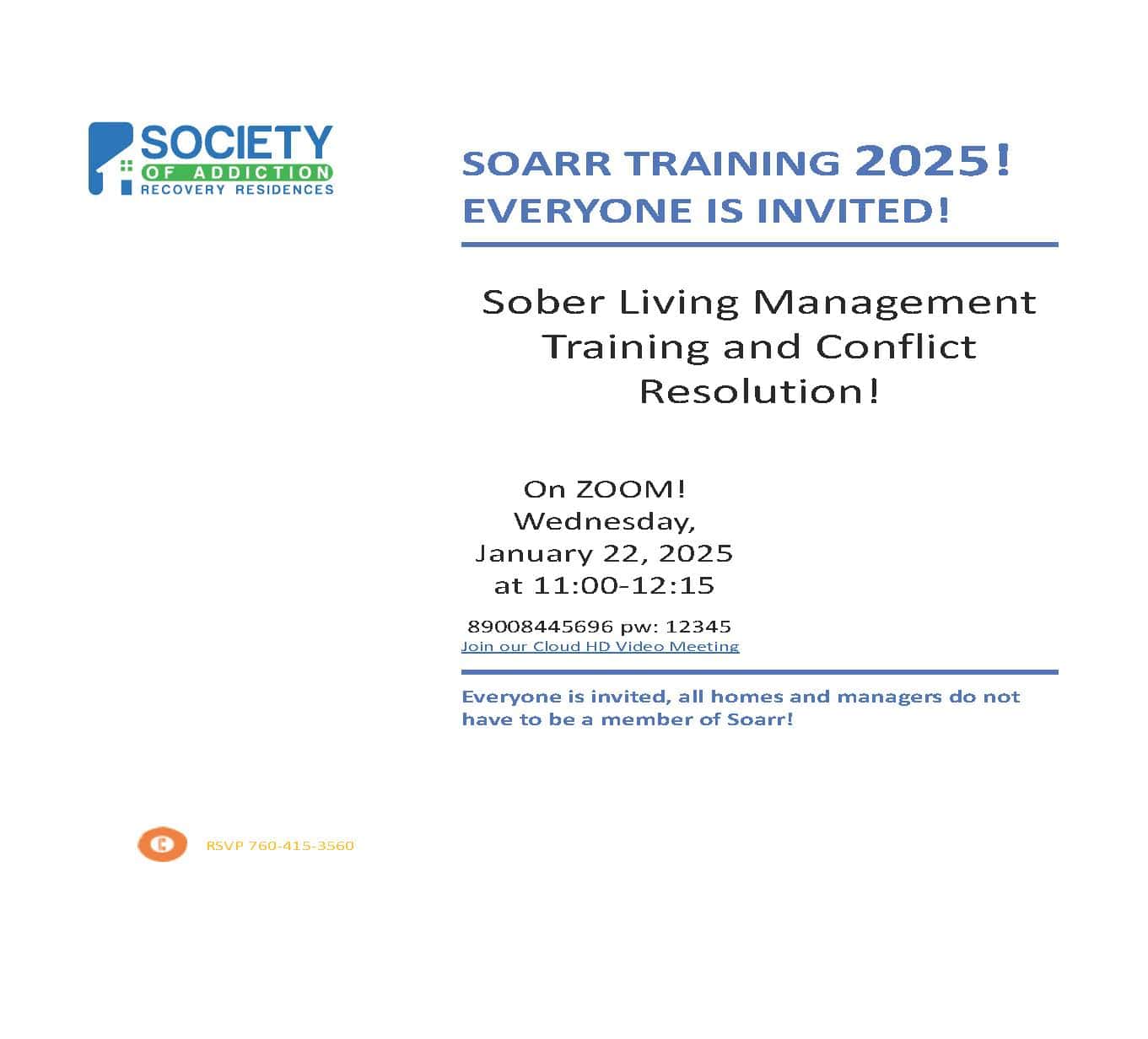Anger is a normal emotion. We all deal with it differently. Unfortunately, there are a lot of unhealthy coping mechanisms people use when they’re mad. Some people get loud and verbally abusive when they’re angry. Others deal with it more quietly and end up acting out of passive-aggression. Learning to cope with anger healthily can improve your life. By learning to cope with anger, you’ll give yourself space to sort through stressful situations.
Coping With Your Anger is Necessary and Good
Letting your anger control you in recovery is a serious trigger. Anger, when left unchecked, can cause people to act in negative ways. You may go into a rage if you’re not prepared to deal with anger now that you’re sober. Or maybe when you were upset, you used to just go get high and ignore everything. You may feel like you can’t cope with feeling mad at all.
Feeling angry for the first time when you’re sober can be triggering if you’re not sure what you want to do about it. Having a plan to cope with it is a great idea.
Here are five important ways to cope with anger in sobriety:
- Vent it out. You’ll want to talk to your sponsor, therapist, and sober friends about it. Ask them if they will let you vent. Don’t try to get anyone to “take sides” with you. Let them tell you – honestly – what they think about the situation. Take responsibility for your personal actions. It’s time to put on your big kid pants and work toward resolving your situation maturely. It’s okay to get mad – and then get over – your anger.
- Take time to yourself to calm down. Even if you’re in the middle of an argument, you can ask for a time out. Self-regulation is vital in recovery. Recognize the signs that you’re getting angry. Do you start to tremble or clench your fist? Can you feel your face warming up? Ask for some time to collect some thoughts, and return to the conversation. Go for a walk, or go to a private room, and do something soothing like listening to calming music. And return to the conversation again when you have calmed down.
- Learn meditation. On your own, with your computer, you can learn and practice mediation techniques. Use these techniques before you enter into stressful situations. You can also use them to calm down when you’re angry.
- Use apps to help yourself with your anger. There are some great apps for anger management. For example, AIMS is an app for anger management that was created for people in the military, but the methods in the app can help almost anyone cope in healthier ways with their anger.
- Think before you speak. Listen to the feelings the other person is expressing. Do not interrupt. Think about what is being said to you and the best way to respond. If a person is angry with you, you may want just to consider answering them back quickly and walking away. Or maybe you want to sit down with this person and have a heart-to-heart. You can probably empathize with the reason they are angry. If so, you can discuss ways to change the situation that benefit both parties.
Anger isn’t a pleasant emotion. It’s not fun feeling it. But acting out in unhealthy ways can often leave you with regret. It’s also important to realize anger is typically a secondary emotion. People usually are more than just angry. Underneath their anger, there may be other emotions.
You may be angry because you’re scared. You may be mad because your feelings were hurt. Situations that involve love and relationships can have times where there’s intense anger due to other factors such as guilt, trauma from the past, etc.
Family therapy can be so beneficial to people who are newly sober or have been sober for years. Emotions are a tricky business, and everyone can benefit from more coping skills and better communication skills.
SOARR
Are you a professional who works in recovery? The Society of Addiction Recovery Residences is an alliance of sober homes and addiction professionals who work together to set the highest standards in the industry. We have free networking meetings and training online for the duration of the COVID-19 crisis.
To learn more about our organization or find a sober home, please browse our website or call us at 619-828-2001.





